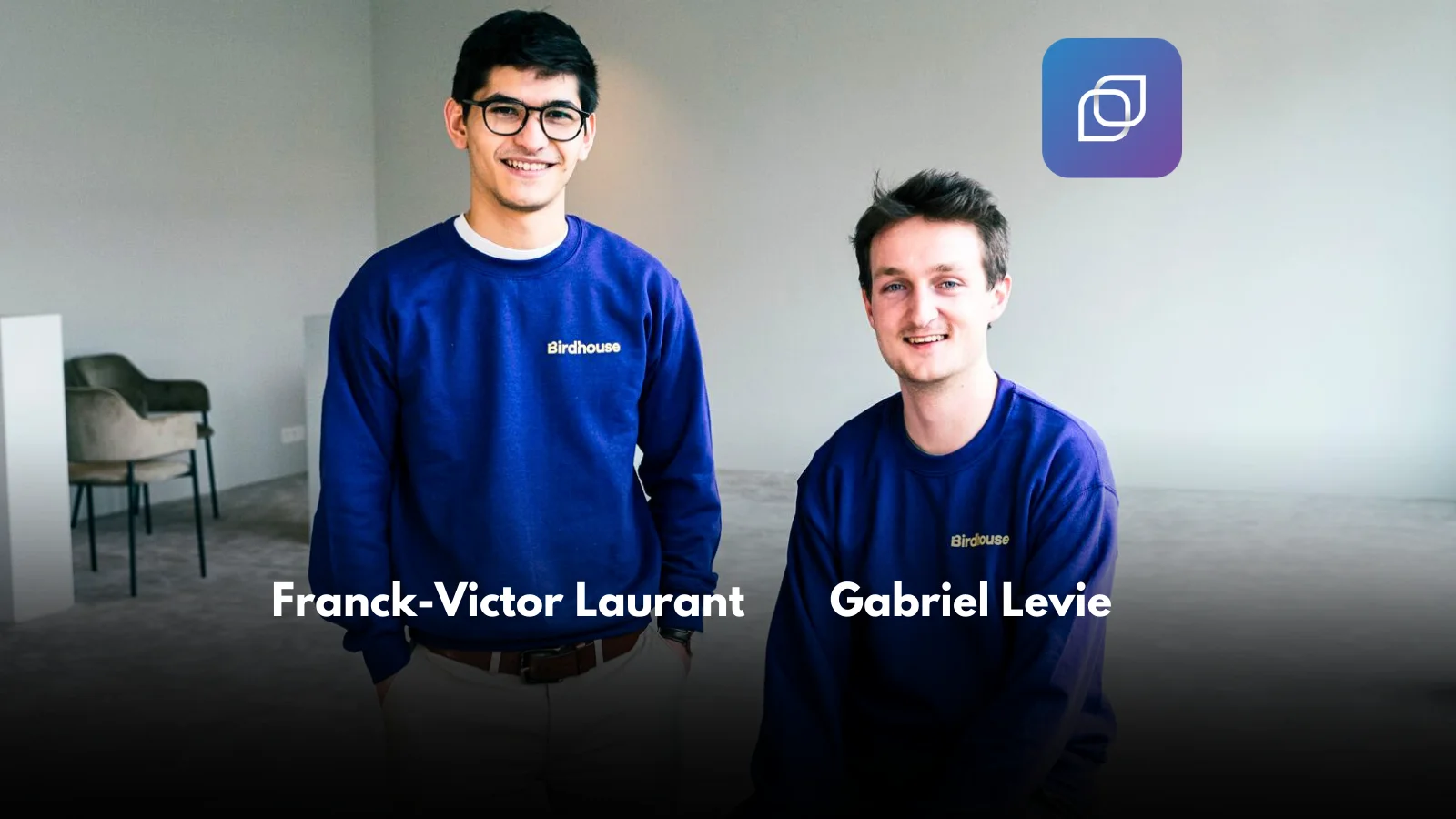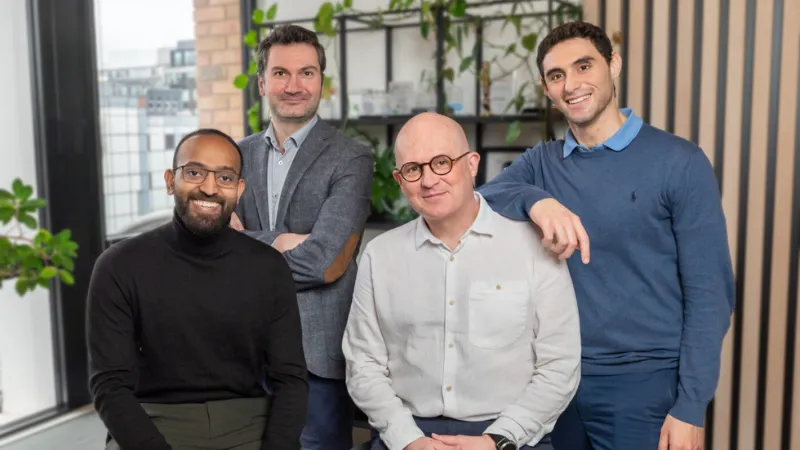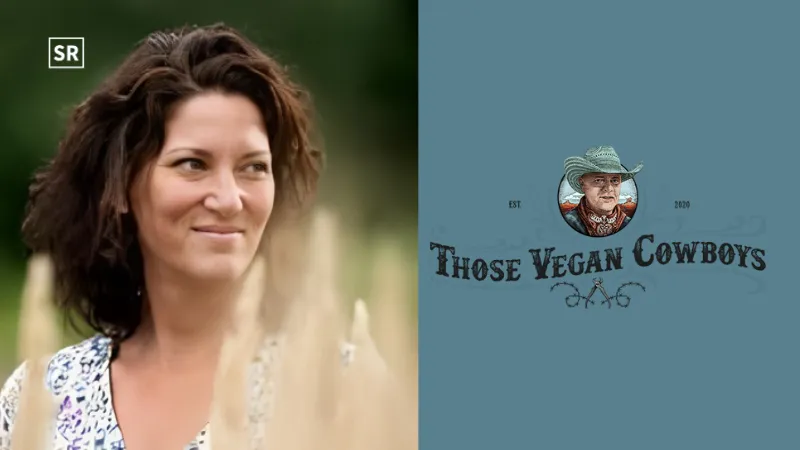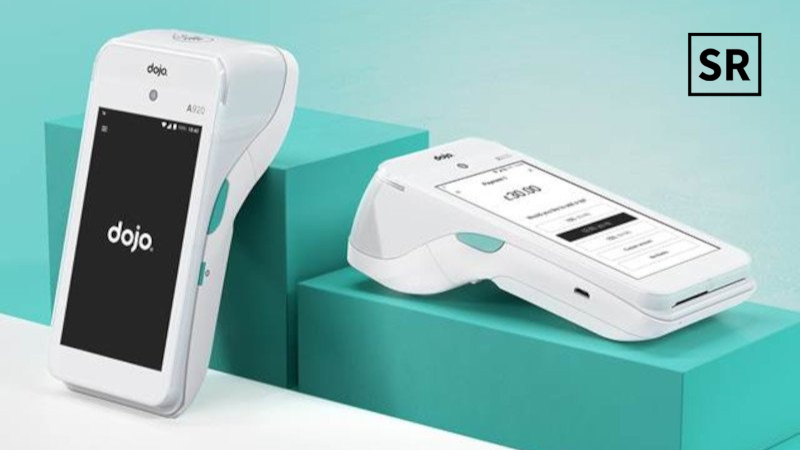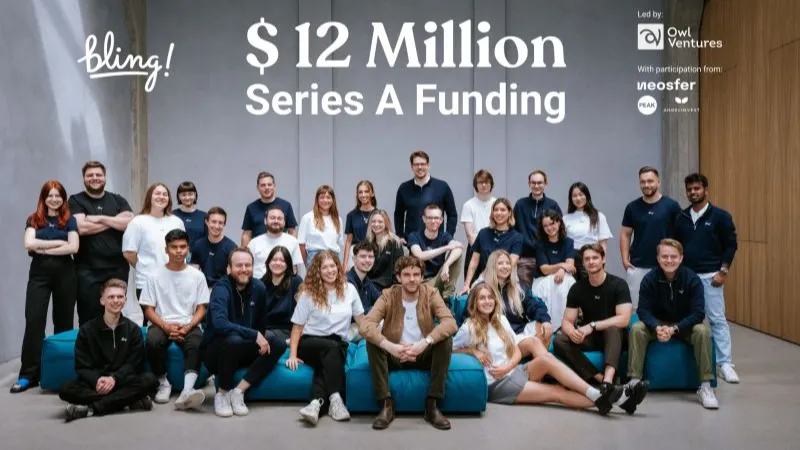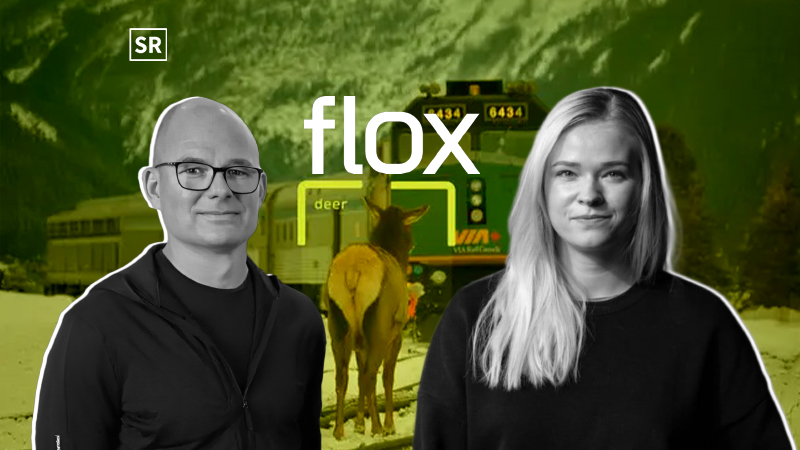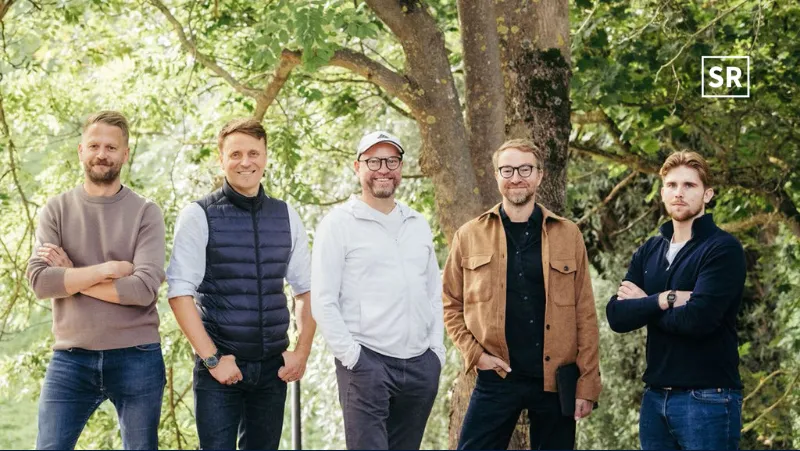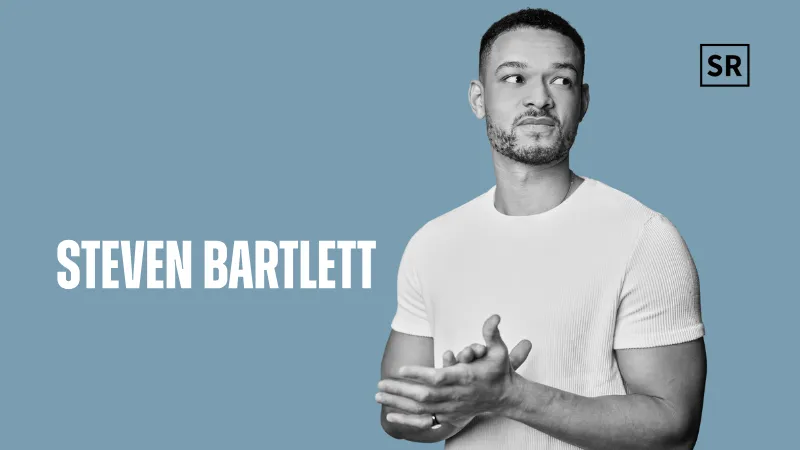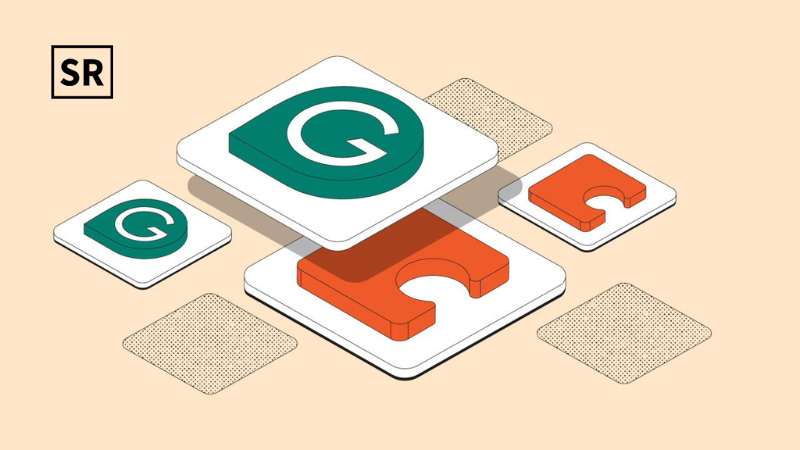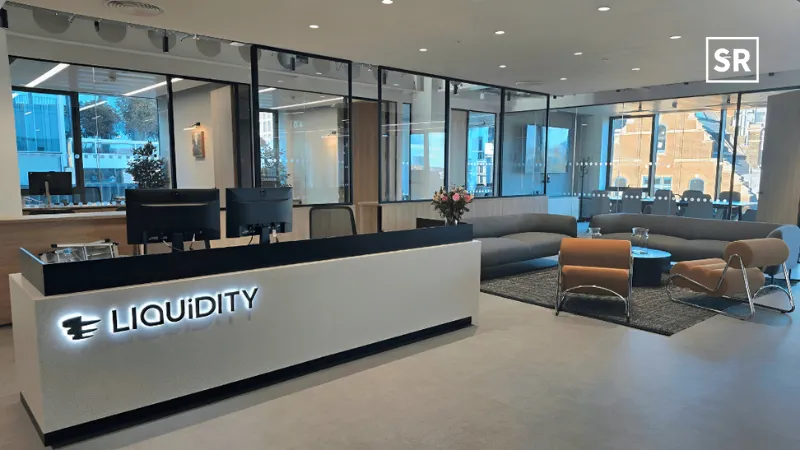Reinventing Protection: The Journey of Peter Gilleece & Vikela
Nov 17, 2025 | By Kailee Rainse
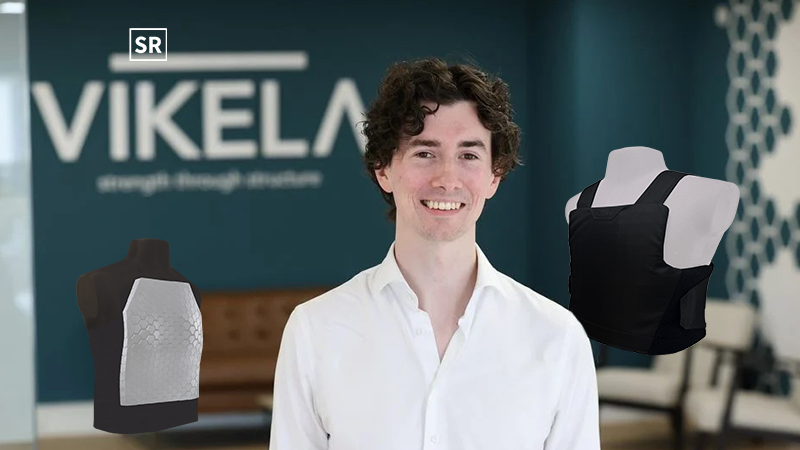
Early Inspiration and Engineering Roots
Peter Gilleece spent his childhood in Northern Ireland and completed a Master's degree in Mechanical Engineering from Queen's University Belfast. From the firm’s LinkedIn page: He studied Mechanical Engineering and was motivated by tales from friends in the armed forces having difficulty with cumbersome, outmoded body armour.
His early career included roles at major manufacturing or automotive firms (for example, at Aston Martin's new-model launch department), where he observed how design, prototyping, and ergonomics come into play. In an interview with the Belfast Telegraph, he says:
"I was taking new models from the first builds of cars … each of those models catered for a different market."
Those experiences shaped his belief: comfort and usability are as important as performance.
RECOMMENDED FOR YOU

[Funding alert] Bolognese Biotech startup Cellply Secures €3.6 million in Funding
Team SR
Sep 29, 2023
The Spark: Why Armour Needs Innovation
While still early in his career, Peter found through conversations with military friends that the standard armour plates weighed 12–15 kg and made mobility and endurance far more difficult.
He asked: Why has body armour design barely changed in decades? Why must end-users sacrifice comfort purely for protection?
With that question in mind, in 2020, Peter founded Vikela Armour Ltd in Belfast, Northern Ireland – a company dedicated to redesigning personal protective equipment (PPE) using advanced technologies.
Read also- From Personal Passion to Global Learning Platform: The Story Behind Sharon’s Classes
Vikela's Mission and Vision
Vikela's "about us" page describes the company's mission:
"To make products that save lives and protect the world."
They do so by leveraging 3D-printing techniques and advanced composite materials to create armour that is lighter, more flexible, fully recyclable and sustainable—qualities rarely found together in the industry—the goal: superior protection and comfort at scale.
Notably, Vikela places strong emphasis on human-centred design: ergonomics, fit (including female fit), and movement are core to their design philosophy. For example, their flagship APIS range was developed with equal testing standards for male and female users—addressing long-standing gender disparity in protective gear.
The Founding Days: Prototyping & Growth
Peter and his small team began in a modest 1,000 sq ft space in Belfast near the Odyssey complex.
They faced the typical startup grind—as engineers, they spent nights prototyping, testing materials, refining fit, and working with regulatory/alignment standards for body armour. The shift to 3D-printing allowed them to iterate on geometry, material density and structure far faster than legacy manufacturing processes. As Peter said:
"If I were to make body armour from scratch today, what techniques would I use to allow its users to be more comfortable?"
They also built a business case around sustainability, noting traditional armour plates (for example, ceramic) are heavy, energy-intensive in production (kiln time), and often treated as single-use at end-of-life. Vikela's model includes material recycling and the circular lifecycle.
In 2022, Vikela won the INVENT award (Northern Ireland), which recognised the company's innovation and won a prize package of £26,000. Peter stated:
"I wanted to address issues of weight, comfort, and coverage—which led to the creation of Vikela."
Scaling & Recent Milestones
In late 2024, Vikela announced a £1.3 million investment to relocate to a 20,000 sq ft facility in Bangor (County Down) from their previous smaller Belfast facility. The new headquarters consolidated head office, production and warehousing helps scale to meet demand.
Peter commented:
"Bangor offers everything we need for our next chapter — space for expansion, ease of access for both local and international clients…"
The company then projected employment growth: from just 3-5 FTEs to 15 by 2025, and a target of 50 employees within five years.
International expansion is underway: the company already has distributors in the US, Japan and Poland as they bring the armour to global markets.
Challenges & Leadership Philosophy
As the founder & CEO, Peter has had to balance several complex elements:
- Certifications & regulatory regimes: Body armour is tightly regulated, especially for defence, law enforcement and security usage. Navigating testing, standards, materials, and approval is non-trivial.
- Manufacturing scale vs. bespoke design: Using 3D printing gives design flexibility, but achieving cost-efficient mass manufacture is a complex challenge. Peter addressed this scale challenge: "Our initial printers were 120 kg and were difficult … the new ones are over a tonne."
- Market adoption & user trust: Convincing security forces, police, and defence buyers to switch from tried-and-tested materials to newer tech requires proof, performance data, and endorsements. Peter emphasises the user experience:
"Comfort was a major part in Vikela's initial concept… police officers sit in cars wearing protective jackets that are not very comfortable."
- Sustainability & circular design: The commitment to recyclable armour adds cost and complexity, but positions the firm for future regulatory and environmental expectations.
Why This Story Matters
Peter's journey matters for several reasons:
- He shows how a founder with engineering roots, user insight (from friends in the forces) and entrepreneurial drive can reinvent a legacy industry that had stagnated for decades.
- Vikela straddles multiple disciplines: mechanical design, materials science, advanced manufacturing (3D printing), sustainability, product design and global sales.
- The emphasis on human-centred design (fit, weight, comfort) shows how even protective gear must adapt to human needs—not just specs on a sheet.
- Their Northern Ireland base, rapid growth, global ambition and investment showcase how tech innovation can thrive outside of big-tech hubs.
- The combination of mission (protect lives, improve safety), innovation (new materials + manufacturing) and scale (global distribution) provides a blueprint for purpose-driven deep-tech startups.
The Road Ahead
As Vikela moves into its new Bangor facility and scales production, key areas for Peter and his team include:
- Expanding product lines beyond the APIS stab protection range into complete ballistic protection (rifle-grade) and into adjacent verticals (automotive, aerospace) as indicated in their roadmap.
- Scaling manufacturing: the target of 2,400 units per week over the next five years was mentioned in the press.
- Global market penetration: further distributors, partnerships in major security markets (US, Japan, EU, Middle East) and building a strong brand internationally.
- Establishing sustainability credentials: full circular lifecycle, recyclable components, localised production, and reducing manufacturing waste.
- Building the ecosystem: hiring high-skilled staff, investing in R&D, and reinforcing Northern Ireland as a hub of manufacturing innovation.


 Follow us
Follow us Follow us
Follow us
